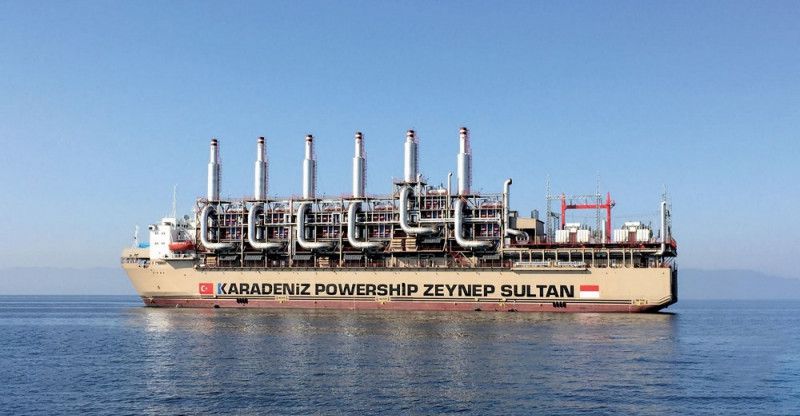
Top stories






More news


Marketing & Media
Ads are coming to AI. Does that really have to be such a bad thing?














Energy poverty represents one of the most critical challenges to development in Africa. According to the International Energy Agency, in 2019, the continent had more than 580-million people without electricity access, with that number expected to grow to 660-million people by 2030. Energy poverty is catastrophic not only on a macroeconomic level, but it also profoundly impacts people's daily lives, as without energy, infrastructure, schools, hospitals, and other essential services cannot be developed. Imagine a hospital losing power in the middle of a pandemic? It could cost lives.
In this regard, the South African government is currently implementing an excellent short-term option in a solid attempt to address this problem.
The country's Risk Mitigation Independent Power Producer Procurement Programme (RMIPPPP), an emergency programme to access electricity in the short term, aims to procure 2,000MW by Q3 2022, with preferred bidders required to reach financial close by the end of July 2021.
Of the offers received under the RMIPPPP, more than half (1,220MW) of the capacity from the preferred bidders will be generated by three power ships that will be supplied by Karpowership, a subsidiary of Turkey's Karadeniz Energy Group, in the ports of Coega (450MW), Richards Bay (450MW) and Saldanha (320MW), under 20-year PPAs. These power ships will produce energy from liquified natural gas (LNG). According to Business Insider South Africa, they will feed energy back into the grid at a cheaper cost than Eskom's current diesel-burn rate.
These power ships have the advantage of providing almost immediate electricity, so they meet the supply gap in the short term compared to the years it takes to design, award, and commission other types of power generation projects. Also, as the power ships generate energy from LNG, they are a viable option for most coastal countries, especially countries with access to such resource. Finally, power ships do not require any land or significant development. A connection to the LNG, either from a ship or onshore, is sufficient to get the power ships running.
Some West African countries as Ghana and Senegal, are currently analysing this option. It should not stop there, as this could be a short-term solution to meet most coastal African countries' energy supply, especially to gas producing countries as Nigeria, Mozambique, and Equatorial Guinea.
While doing so, governments should not lose sight that this is only a short-term solution and should carefully plan for the projects' economics and their power capacity building plans. Also, these countries should not forget other crucial matters as local content, black ownership (in the case of South Africa), and guarantees from the generators to mitigate any event in the duration of these type of projects.
This is not a proposal for African countries to stop developing long-term energy projects or abandon their goals of reducing greenhouse emissions by developing large-scale renewable energy projects. On the contrary, power ships should be considered a viable solution to address energy insecurity issues in the continent in the following years.

APO is the sole press release wire in Africa, and the global leader in media relations related to Africa. With headquarters in Dakar, Senegal, APO owns a media database of over 150,000 contacts and the main Africa-related news online community.
Go to: www.bizcommunity.com/PressOffice.aspx?cn=apogroup